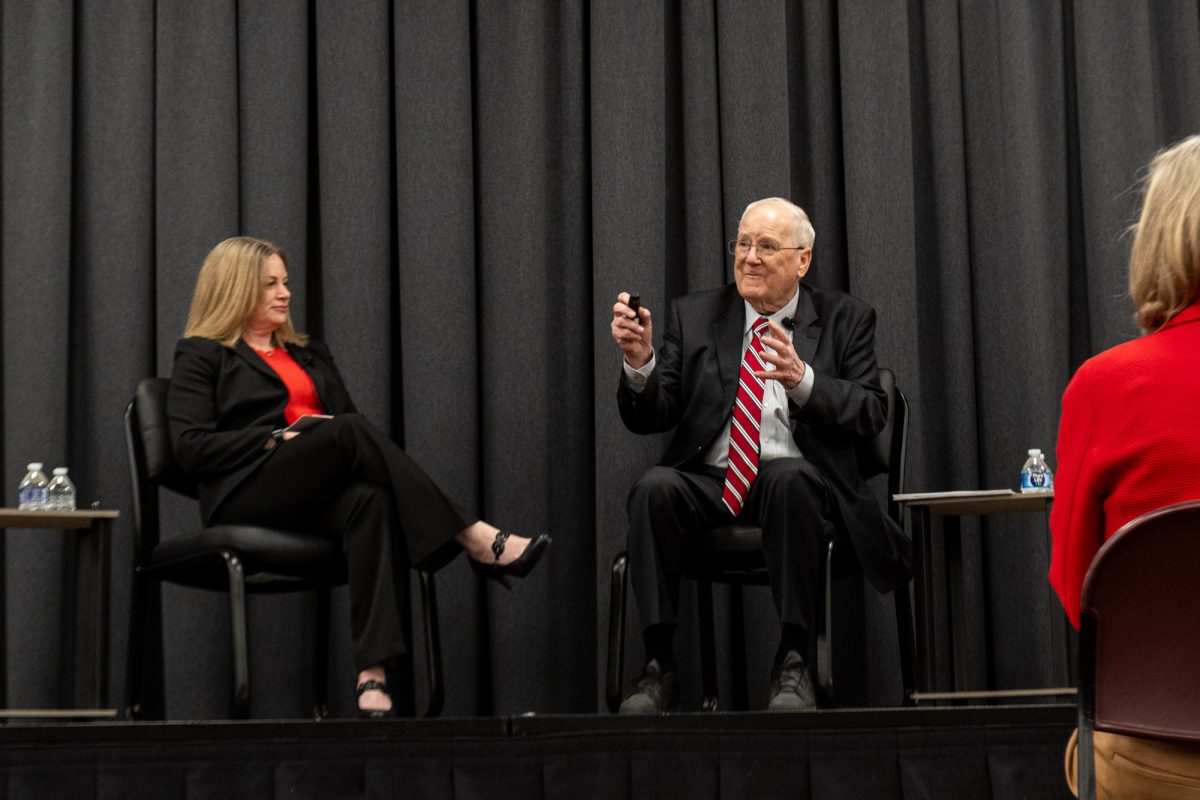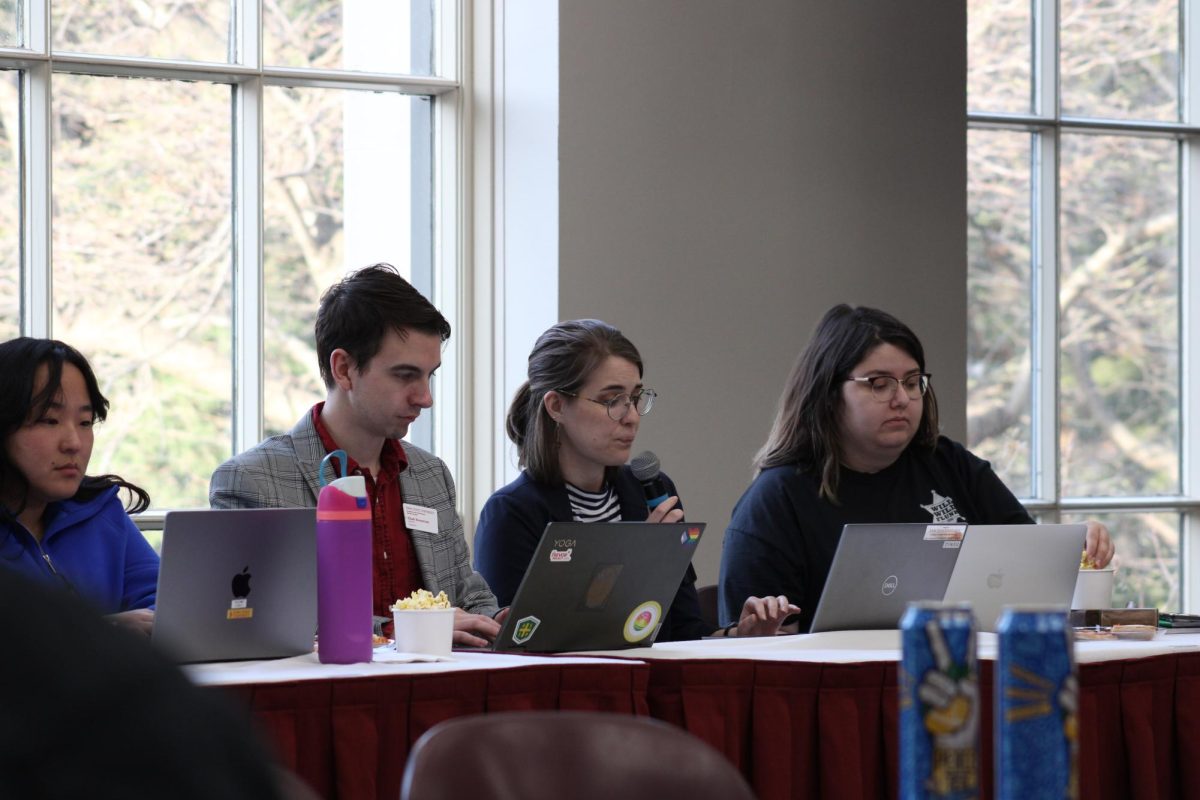Internet addiction
April 14, 2008
Today, when technology tends to change on a weekly basis, one technological tool is becoming a bigger part of our lives than the rest – the computer.
With the emergence of social networking sites such as Facebook and MySpace and entertainment sites such as YouTube, we are becoming more glued to our computer screens than ever before. Because of this, some people are developing unhealthy habits.
Doug Gentile, assistant professor of psychology, has done studies on topics such as video game addiction and defines an addiction as “something that you do more than a lot or in such a way that starts to damage your life.”
Gentile said addiction can damage your life in many different ways – family, school, occupational and social functioning. Many times it damages multiple types of functioning.
People who show signs of an addiction turn into a different type of person.
“When people have an addiction to something, they tend to be more hostile, aggressive and they tend to get worse grades in school than someone who doesn’t have an addiction,” Gentile said.
Gentile did a study at Iowa State this year in which he asked students to play three different games for a set amount of time, then asked them to record ratings of the games and their feelings about them.
What he found was some students had stronger feelings and reactions to the games, which he said could be one warning sign of an addiction.
Gentile also agreed the social networking phenomenon has had an effect on computer use.
“We are social creatures – we like to be constantly interacting with other people,” Gentile said. “And for someone who hasn’t had a whole lot of experience outside their computer – perhaps they’ve had bad experiences – we get our greatest joys and our deepest hurt from other people.”
Daniel Klotz, freshman in industrial engineering, said people are unaware of how their computers are affecting them.
“There is a wide percentage of kids on these social networking sites, and it makes them lazy,” Klotz said. “I think some people are addicted to social networking and they don’t even realize it.”
Klotz knows what it can be like to be around people who show these kinds of signs.
“People who I think possibly could be addicted to their computers because of those sites are definitely still very social people, but it’s like their Facebook is a status symbol for them,” Klotz said. “They put pictures of vacations they take up on Facebook, stuff like that. It’s almost as if they are trying to show off their life over Facebook.”
Chad Harms, assistant professor of journalism and mass communication, is hesitant to use the word “addiction” to describe people’s computer habits.
“I don’t think we should use the word ‘addiction’ so easily. I think it has become a habitual behavior that is taking up more and more of people’s time,” Harms said.
Harms said there are plenty of people who use the computer for long periods of time are doing things that are healthy, such as keeping in touch with family and friends or doing homework. It’s when they spend their time doing things that are considered unhealthy that it becomes a concern.
“There are individuals who spend too much time using the computer in a way that overrides their better judgment – people who use it for unhealthy ways,” Harms said.
Harms also mentioned cyber-bullying and people trying to scam others.
Harms said exercising, getting outdoors and spending more time with family and friends are all good ways to break these habits.
“People who get this way let their priorities change, and once they change – the more and more time they spend doing the unhealthy things – the harder it is for them to revert back to what they were doing before,” he said.
Harms said it is important to keep in mind that there are probably six people like this in every classroom and that they don’t view it as wrong.
While these bad habits do exist, Harms feels it would be possible for us to live without these technologies at every point in our lives.
“As computer problems and bad habits are two separate things, it is necessary to treat them as such. I would say that humankind may come to consider technology as ingrained,” Harms said. “But in the instant that they are void of it, they will adapt and thrive.”
Gentile is also hesitant to classify computer use as an addiction because as of now there is no known cure for a computer or video game addiction.
“There’s a whole lot we still don’t know about this,” Gentile said. “We need to know how to treat it before we can classify it as an addiction.”





